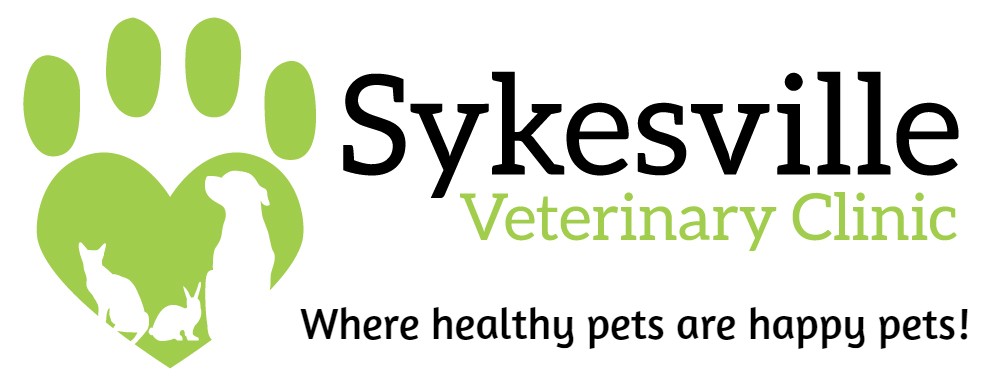Let’s face it – surgery can be scary for both pets and owners. Whether your dog is going in for a common surgery such as being neutered, or if he or she is in need of something more serious, there are several things you should know about post-op care.
In most cases, the recovery process is fairly simple and only requires your love and undivided attention. However, it is the first few days and weeks after surgery that are important enough that special care is required for your pooch. Once your pet is out of the operating room and on their way home with you, it is up to you to help him or her feel more comfortable as they try to get back on their feet.
Talk to Your Vet for Any Additional Instructions
When your vet releases your pet to you, he or she will likely provide you with a lengthy list of do’s and don’ts, as well as potential problems to be on the lookout for. While all this information may be a little overwhelming at first, it is designed to help you make it through these important post-surgery days.
Here are six of the most important post-procedure tips to keep in mind once you bring your dog home after surgery:
1: Keep Your Dog Warm, but not Hot
When the effects of the anesthesia begin to wear off, your dog’s temperature sensors may be not be working properly for the first day or two after surgery. Because of this, he may have trouble knowing whether he is hot or cold, so it will be your job to help him out and adjust the temp accordingly.
2: Make a Bed on the Floor
Don’t let your pooch try to jump up on your bed or couch, even if it seems like the anesthesia has worn off and he or she is good to go. Your pup may still have the occasional stumble and obstacles will be hard to navigate, so providing a simple, comfortable place to rest on the floor nearest to you will be ideal.
3: Keep Your Dog Isolated
Just like with humans, coming off of the drugs used for surgery may make your dog more irritable than usual. It is therefore important to keep them isolated from other animals and kids, just to prevent them from lashing out. Make one of the rooms in your home into the “quiet room” and provide him or her with things like their favorite bedding and toys to keep them more comfortable.
4: Take Your Pup Outside More than Usual
The fluids your pet will receive during surgery will make him have to go to the bathroom more frequently than normal, which is why it is a good idea for you to take him or her outside every few hours. This includes both the day of and day after surgery.
5: Provide Water, But Don’t Leave the Bowl
This is important for two reasons: one, your dog may not think he is thirsty, but is actually in need of fluids more than usual. Two, you need to be sure you don’t turn away from the water bowl, as overly groggy dogs may let their head droop into their water by accident.
6: Prevent Licking
As your dog surgery recovery instructions will likely state, it is important that you do your best to keep your dog from licking their wound. Similarly, it should also be protected from other pup friends trying to get in on the action. Make use of the cone or e-collar provided by your vet, and make sure the wound is dressed if necessary.
These tips should give you a good place to start when it comes to caring for your pooch after surgery. And remember, if you have any questions for your vet, just ask!
Creative Commons Attribution: Permission is granted to repost this article in its entirety with credit to Sykesville Veterinary Clinic and a clickable link back to this page.
